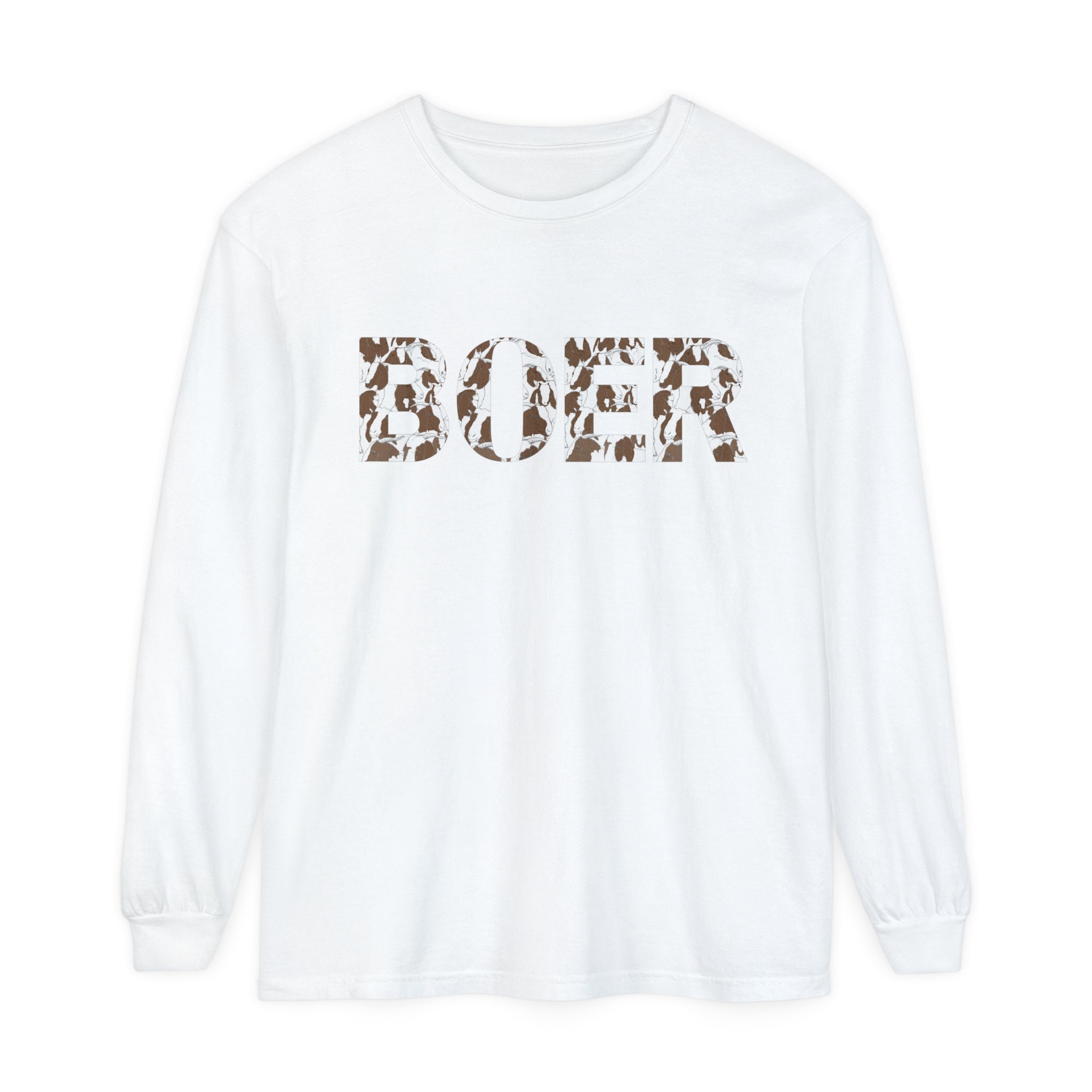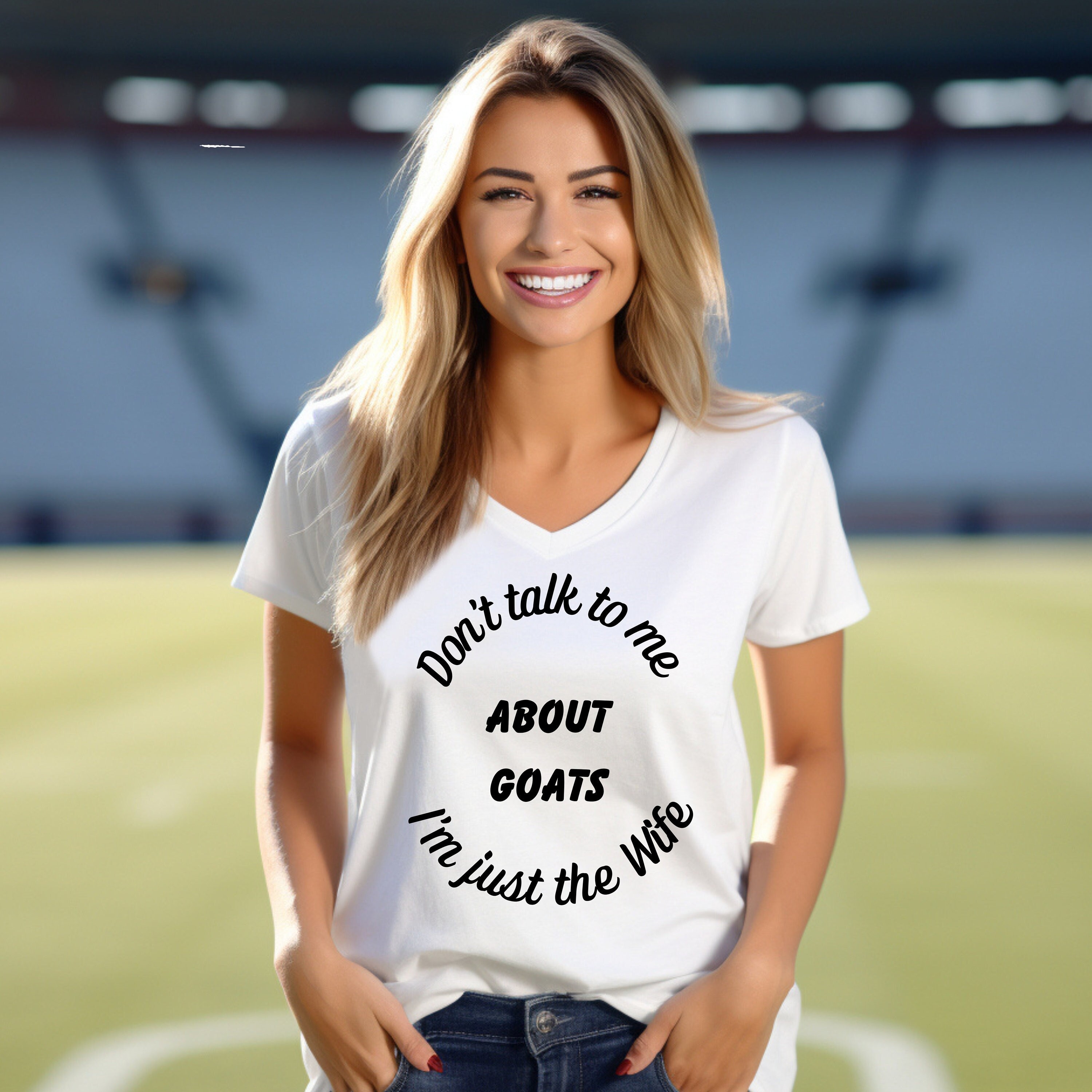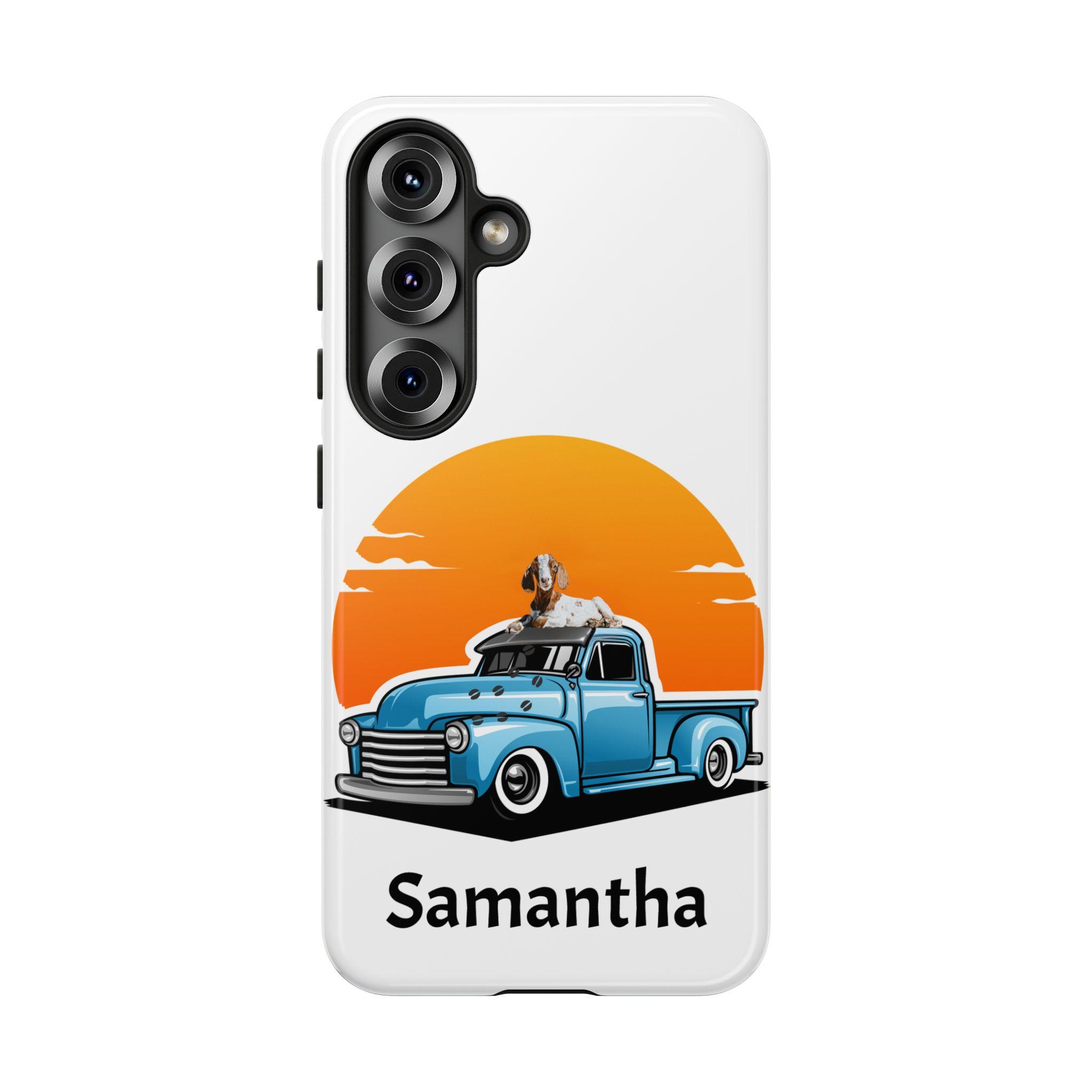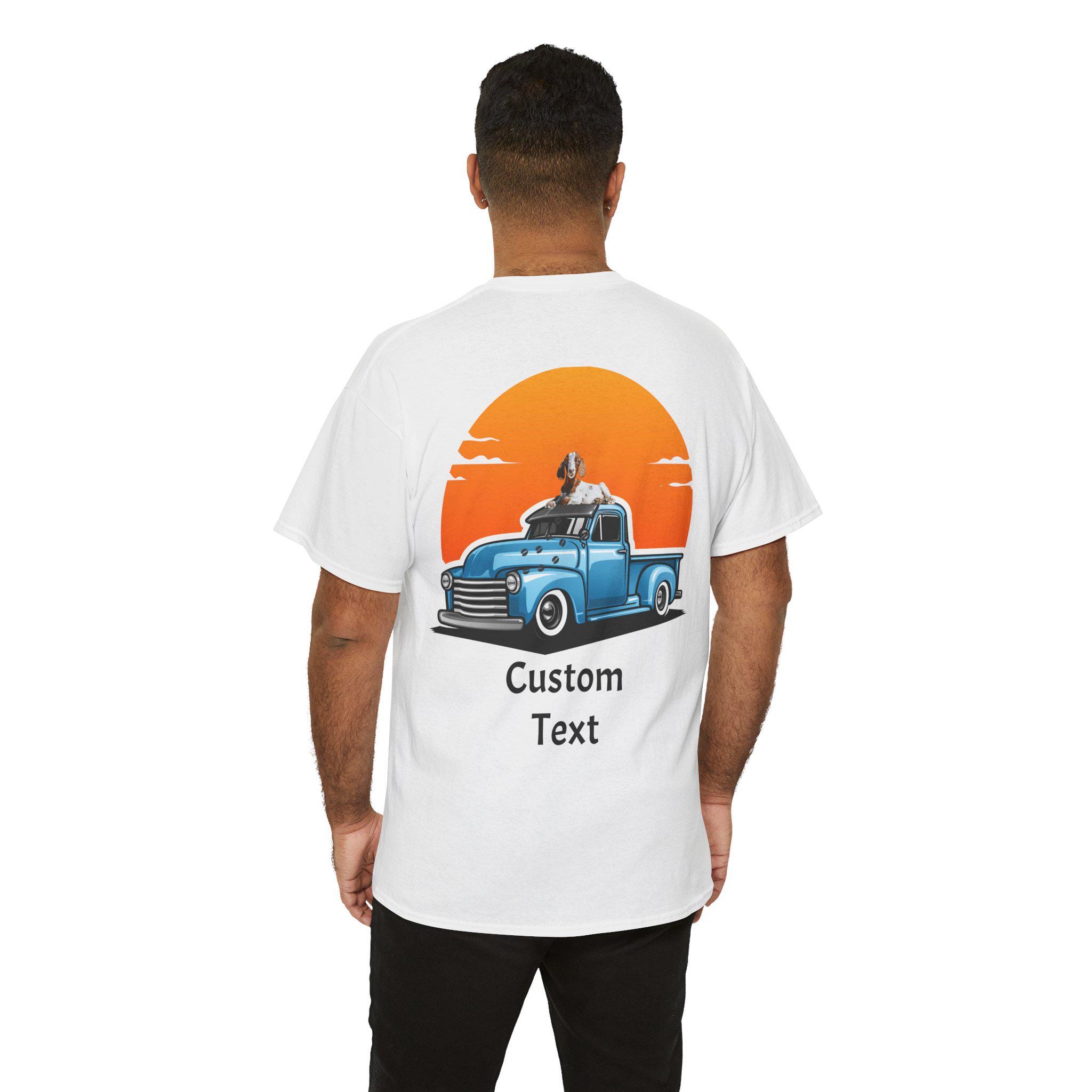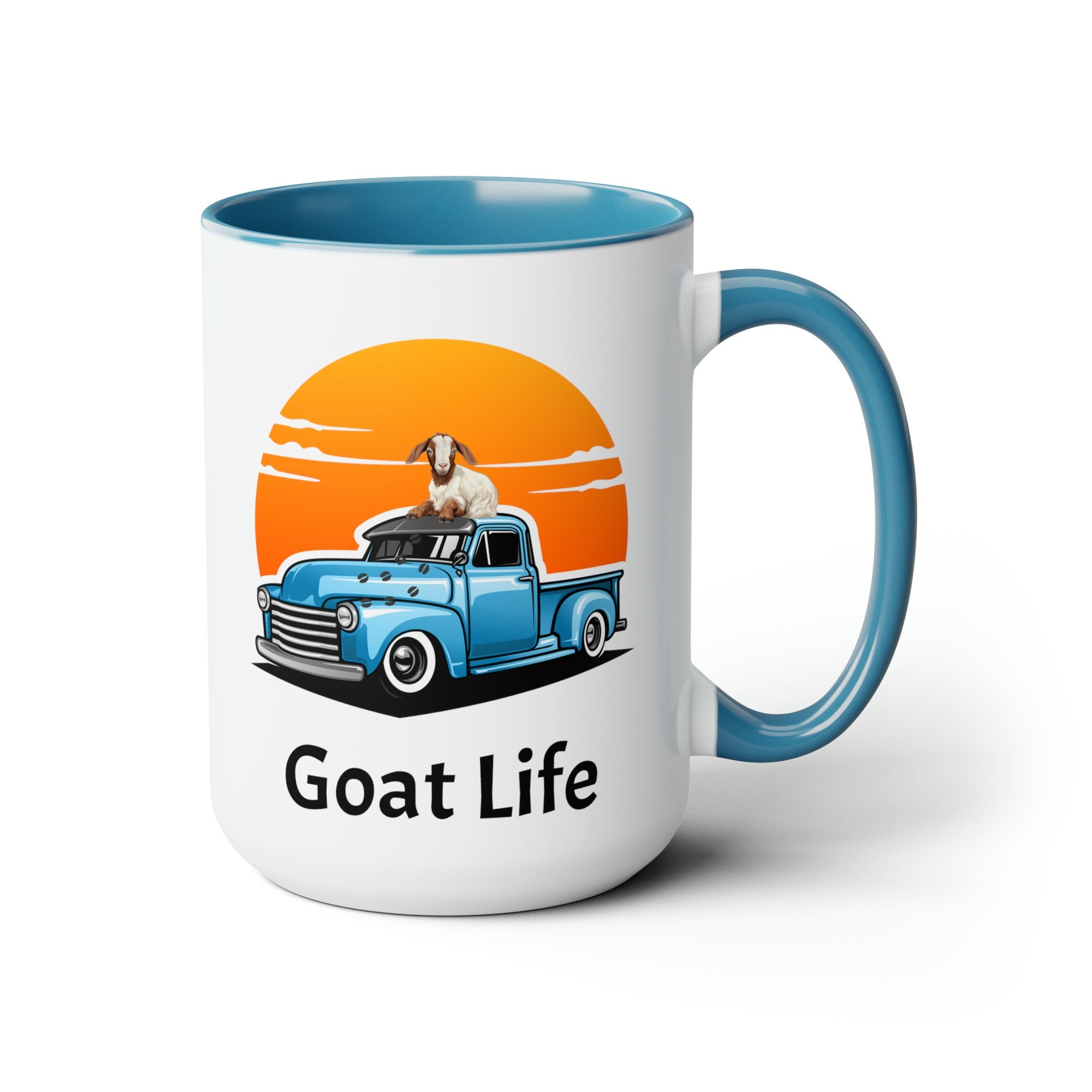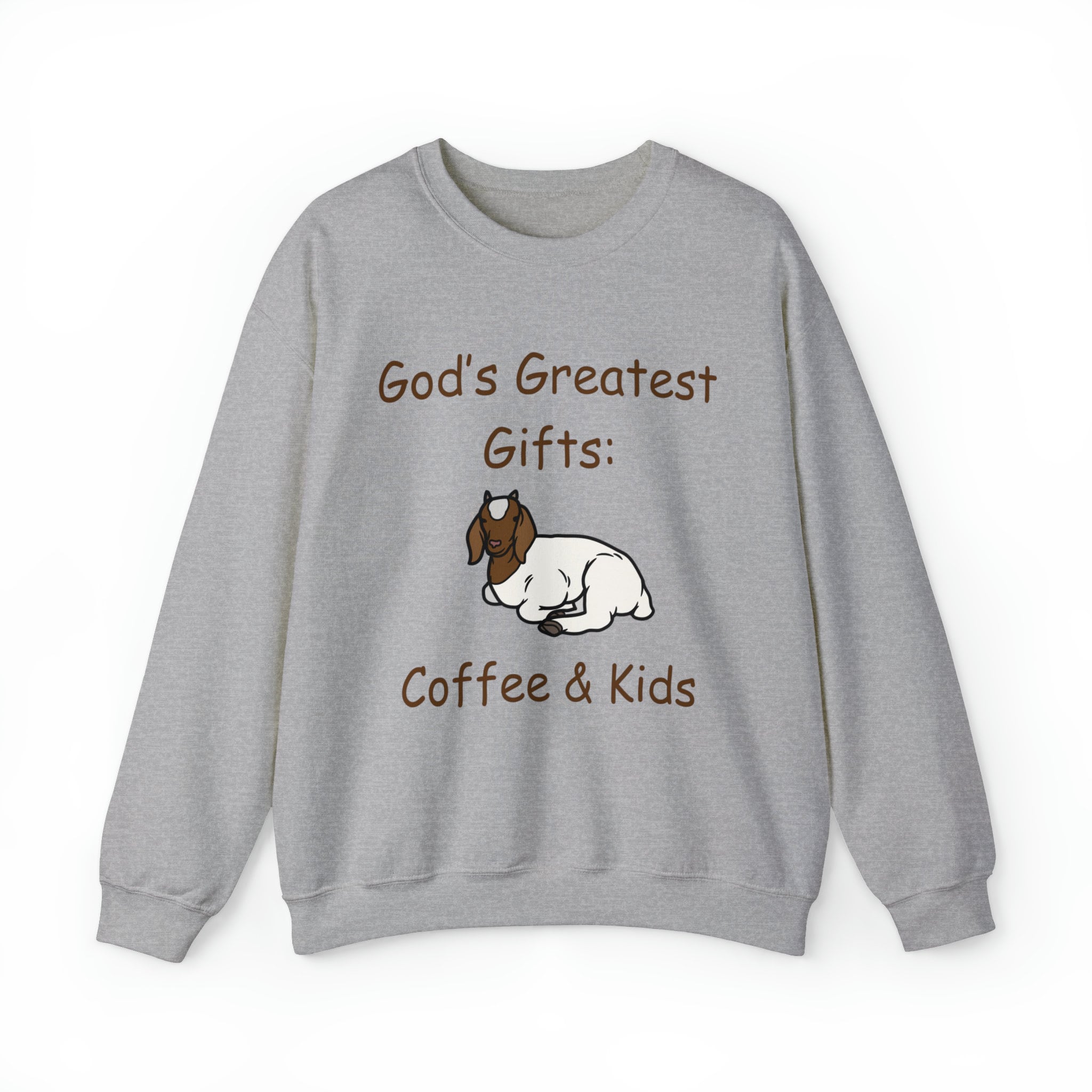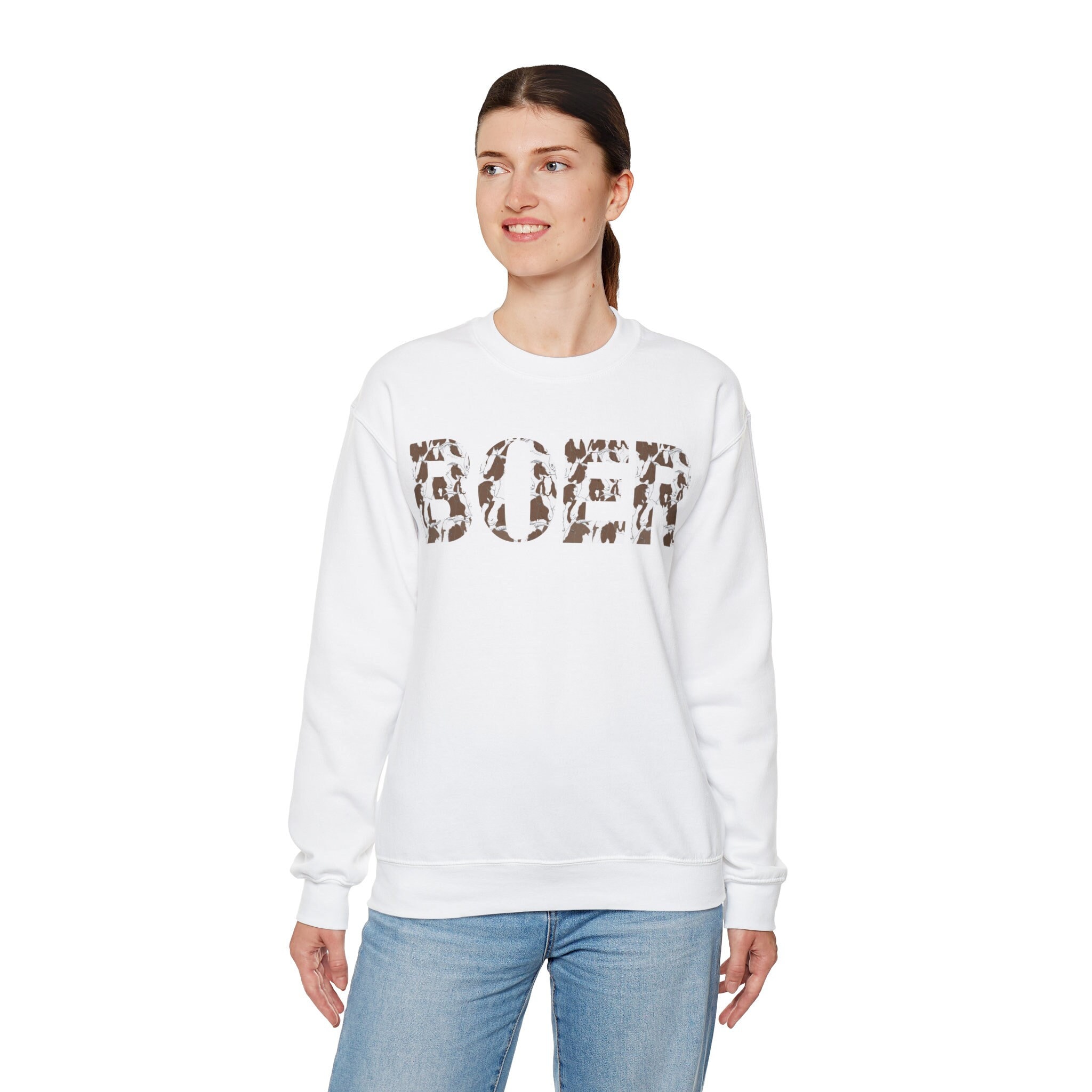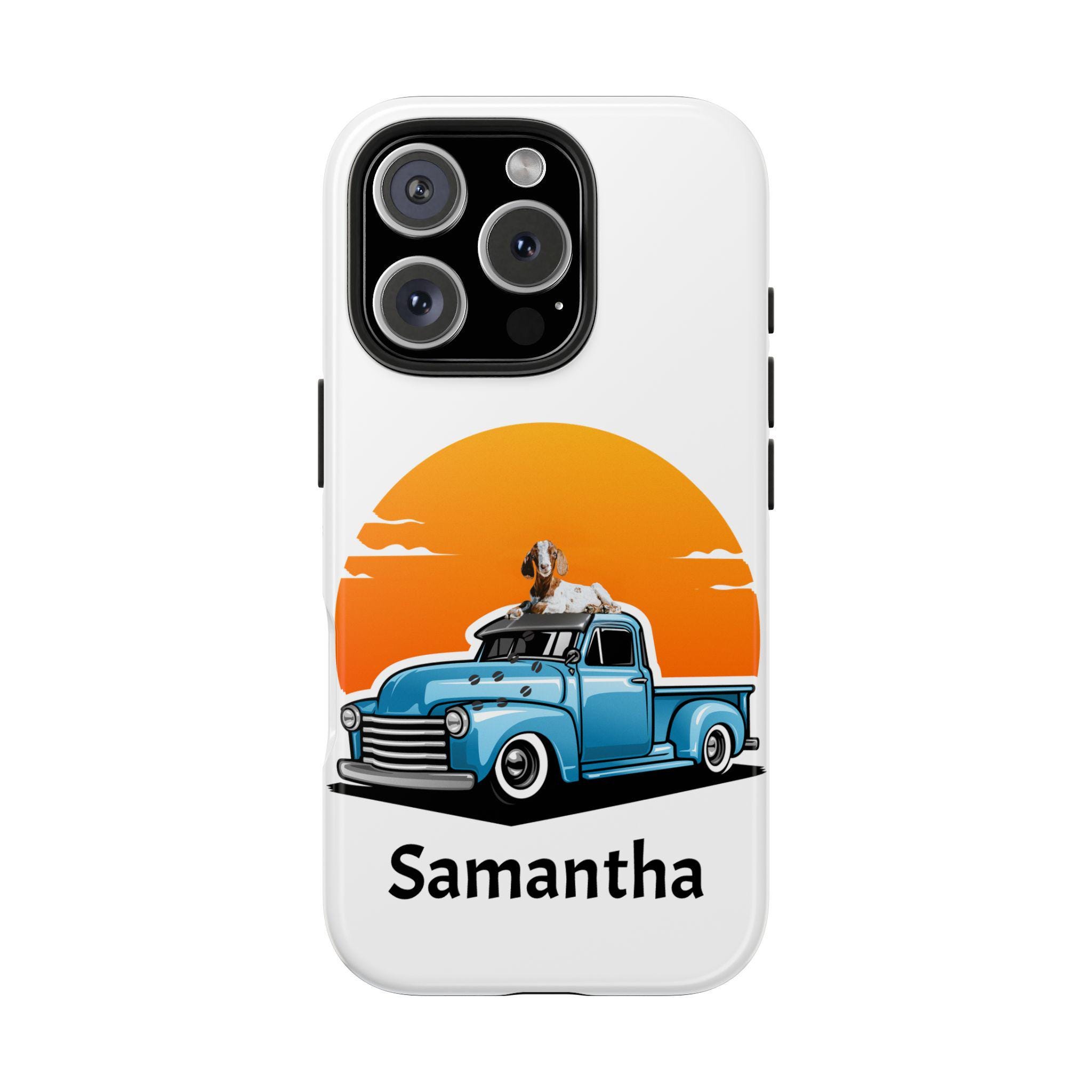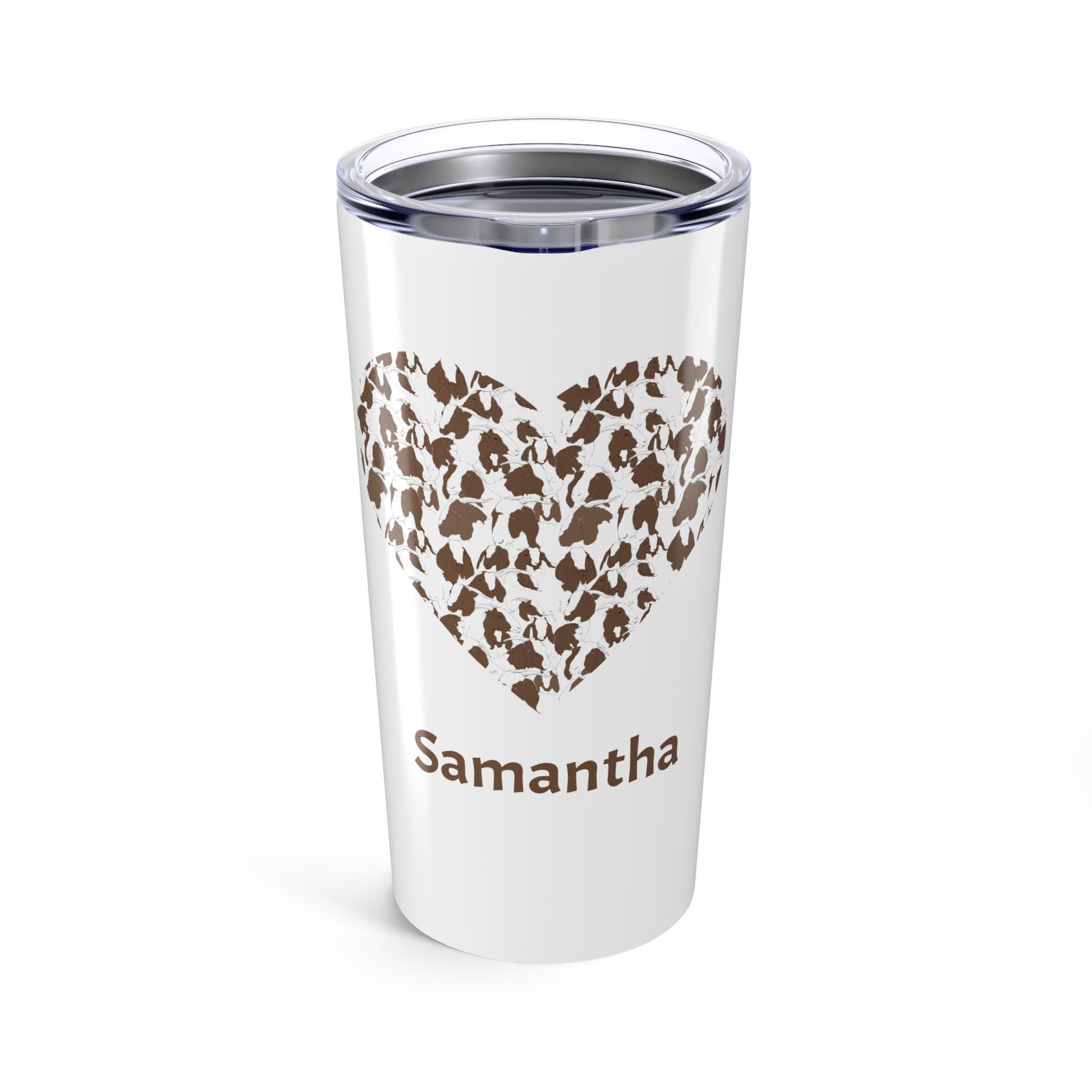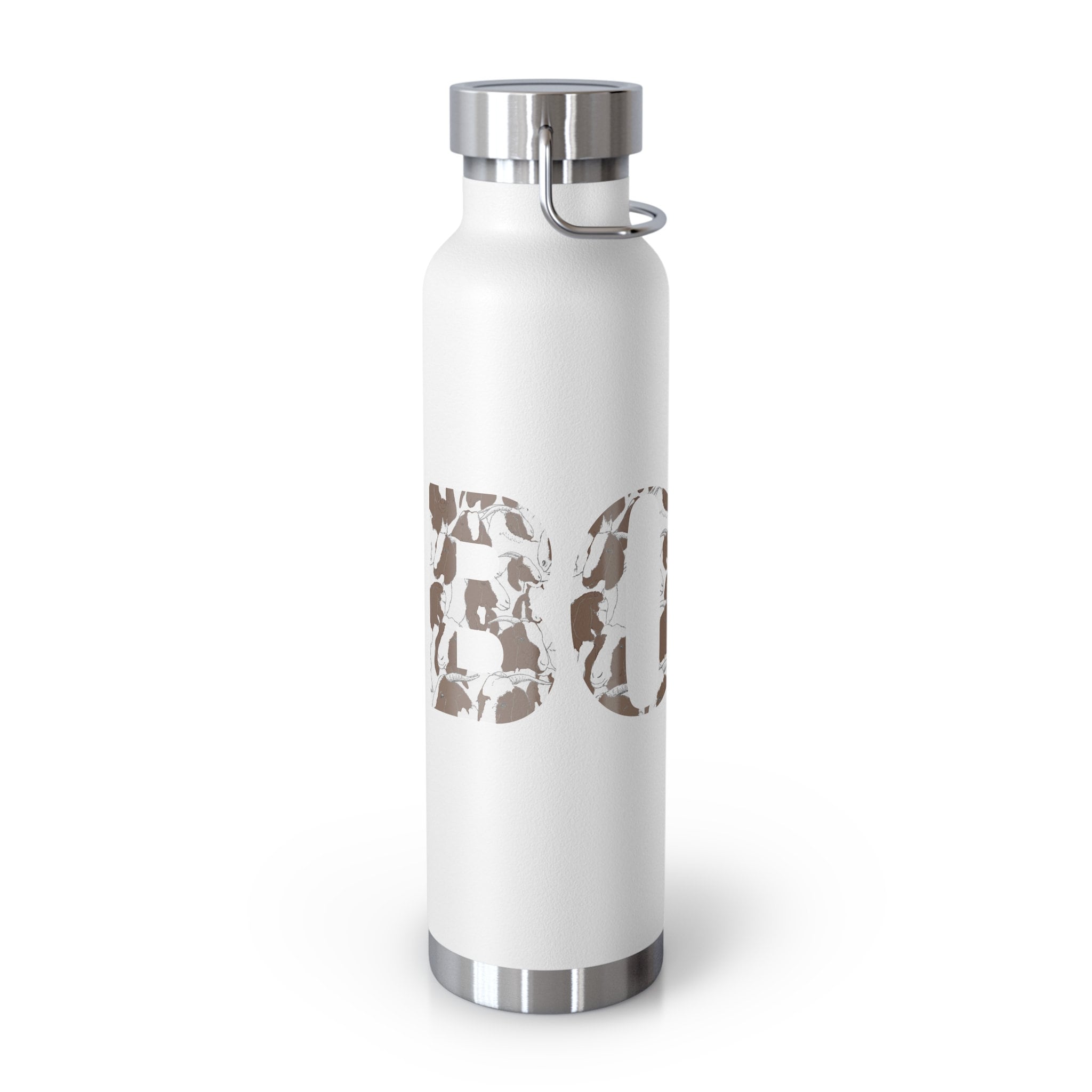Buying Your First Meat Goats
You are now ready to start considering your first goat purchase. You have read Chapter 2 and know what you want to do with your goats and why. You know whether you want to raise breeding stock, or strictly meat production stock, or some combination in between. This is my favorite part too, but let's think for just one more moment. Do you have a place to put your animals when you get them home? Are your fences up to the challenge? If it's almost winter, have you built a shelter for your new additions? Do you have the phone number of a good veterinarian or experienced goat raiser handy? Do you have something to feed them when they get off the truck? Yes to all the above? Great! Let's go find some goats!
The very first and most important thing I tell people is "Don't buy at the auctions and sale yards!" No matter what you are going to do with your stock, a healthy goat will grow and produce better than a sick animal. It has been my experience that auctions are a good place to get rid of problem animals, and a perfect place to acquire someone else's problems. Think about it. Why would a reputable breeder sell his animals at auction, where he has no control over price, if he could sell them by private treaty? Unless, he needed money fast, or didn't want to damage his reputation because there was some problem with the goats. Whether you are looking for good foundation stock, or good fullblood breeding stock, the answer is the same: Find a reputable breeder!
How do you find that reputable breeder? Talk to the goat people in your area. Even if that ranch you pass by every day on your way home from work only has dairy goats, there is a good chance that they know who in the area is raising meat type animals. So stop by one night on the way home. There is nothing a goat rancher likes to talk about better than his goats!
Another important place to look for goats is the local classified ads and/or any farm paper that serves your area. If people have animals to sell, they will be in the classified ads sooner or later. You can also call the goat associations. Most areas of the country have local dairy goat associations, and I list several meat, Boer goat, Fainting Goat and Kiko goat associations in the "Resources" section of this book. Give them a call. There are probably more meat goat raisers in your area than you realize.
Once you have made contact with some local breeders, be sure to shop around. Most breeders are trying to do their very best to raise good, healthy animals. However, if you don't look at several ranches, you won't have an opportunity to decide which goats appeal to you, or pinpoint why that last place just didn't "feel" right. If at all possible, take a knowledgeable advisor with you to keep your reputable breeder reputable.
Buying Fullbloods
Once you have found fullblood breeding stock, what do you look for? First, look at the ranch. Is it well kept or does it have junk lying all over the pasture? No one's ranch shows like a page out of Home and Garden, but most serious breeders try to keep the mess down to a minimum and certainly away from anyplace that the goats could get hurt on it. Is your breeder happy to show you a lot of animals, or does he have one set aside for you to look at. Breeders who only want to show me one goat always make me curious to know what is wrong with the rest of the herd, or why he doesn't want me to compare them to the goat he has for sale.
Take a look at the animals. Are they well fed? Do they have clean waterers? Ask your breeder about his feed program. Does he have other goats that are related to the goats he is showing you? Can you see the parents? What about brothers and sisters? Does he line breed or is he out crossing? Inbreeding is generally accepted in livestock breeding circles, up to an extent, and only if you know what you are doing. Although "line breeding" can be used to strengthen positive attributes, it can just as easily strengthen faults. Plus, the original Boers were often so inbred, because the seed stock was so small, that I find any avoidable inbreeding to be unadvisable.
Don't be afraid to ask questions. If the breeder is serious about his breeding program, and proud of his goats, you probably won't be able to shut him up. Besides, the only way for you to get an impression of his knowledge, honesty and integrity is if you talk to him!
Another important area to discuss with your breeder is his disease prevention program. Does he do any testing? Does he vaccinate? What kind of wormer works best in his area? Does he keep medical records? Maybe there are some other animals he would be willing to sell? How do the prices on those other animals compare with the animal he is offering you?
Remember, you can buy a Fullblood meat goat for next to nothing, but you will probably get what you paid for. Someone who is watching their bloodlines and is a serious breeder is going to know that their stock is worth more, and will probably be charging for it. That is not to say that an animal is a gem just because he carries a big price tag! The animal business is just like any other business. Although most breeders love their animals and are trying to do a good job, there are people who will charge inflated prices for poor animals and sleep just fine at night while you go broke. Your best protection is education. That is why you must know how to spot a good animal, get to know your breeder, check his reputation, and get knowledgeable advice if you can find it.
Registration & Fullblood Meat Goats
All fullblood Kikos, Boers and Fainting goats are registerable. If there is some reason that the breeder you are speaking with can't or won't produce registration papers, there may be a problem with the goat or the way he acquired the goat. Registration papers are the only way you have of being sure that the goat you take home is the goat you understood you were paying for.
Of course, it may be that the three month old kid you are looking at just hasn't been registered yet. Or that that breeder doesn't register his buck kids until they are a year old, or are sold. Even in these circumstances, however, a fullblood goat breeder should be able to produce registration papers on the parents, and fill you out a registration form on that kid - on the spot. Even if he is traveling. Why would a reputable breeder take goats on the road that are for sale, and not take their papers?
A Boer goat that originated from pure Boer parents is called a Fullblood. If a breeder has started with a fullblood Boer buck and bred to some other kind of goat the resulting offspring are called "half bloods". Even half blood Boers (and Kikos or Tennessee Fainting goats) are registerable as long as the father was a fullblood or a purebred. By breeding a half blood to a fullblood you get a three-quarter. Then by breeding the three-quarter to a fullblood again, you get a seven-eighths, etc. When you get to 15/16 or 31/32 you have an "American purebred". The offspring of these animals will never be called "fullblood" no matter how many generations you continue to breed back to a fullblood. With Boers, however, an American purebred is entitled to show in the same class as is a fullblood, and progeny from an American purebred crossed with some other kind of goat are called half bloods and are registerable. For the purposes of this book, I will refer to all American purebred and fullblood stock from here forward as "fullblood".
Fullblood Boer Bloodlines
At the time of this printing, there have been several large foreign producers in the fullblood Boer goat industry. Each of these producers have become a "blood line" in themselves by virtue of the number of goats they have produced and exported into the United States and Canada. The two largest of these early producers were the first to send huge numbers of goats into the western markets. Therefore, their goats now constitute the least sought after blood lines. I am not saying that the goats from these blood lines are any less desirable, but rather that people are currently tired of them.
If you want to raise fullblood Boer goat breeding stock, it is important to know the blood line you are buying as well as the health and quality of the animal. If the bloodline you are buying is one of the latest to come into this country, it is possible that the market price will be higher, for a while.
Within a very few years, it will be much less important which foreign ranch's blood lines your Boer goat carries, because most of the animals in the West will have pedigrees full of western registration numbers. It will be much harder to trace foreign blood lines. So don't get so hung up on blood lines that you forget to buy the style and conformation that appeals to you, conforms to your stated goals and fits your needs. For instance, a meat production herd does not really need a fullblood buck that has perfect (or even good) color. Another borderline area, is the number of teats a Boer has. These animals came from South Africa, originally, with four teats. Many people are not comfortable with that characteristic in their fullbloods. However, if you are producing meat, and the teats work, why would you pay more for a two teated buck? I would not suggest skimping on the length or width of your meat production buck, however. A broad chest, long loin and deep muscling are all attributes you are going to need in your meat kids.
Excerpt from Raising Meat Goats for Profit by Gail Bowman. May NOT be reproduced in any form without written permission from the author.
